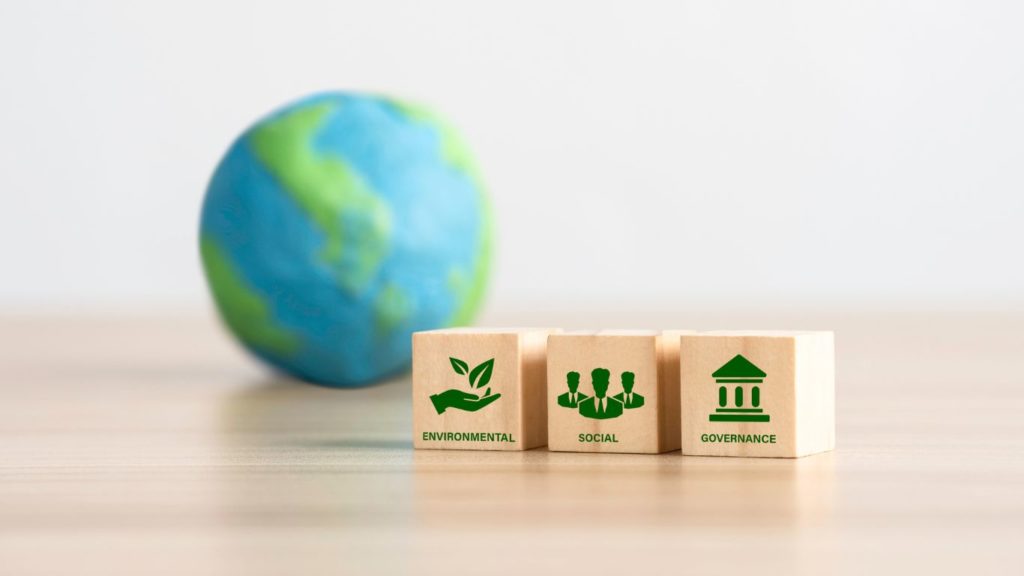Licensee’s Feeling the Pressure to Adapt to Sustainable Business Practices
Julie Brown
March 28, 2024

By now, sustainability is more than a corporate buzzword or trend—it is a priority more than ever as it reflects broader societal and environmental concerns. The pressure is on for the licensing industry to adapt and is being driven by:
Consumer Demand
Consumers today have a stronger belief in environmental and social causes than ever before. Younger generations are shifting away from mass consumerism to more mindful purchase decisions and they look for brands that align with their values, including sustainability. As a result, there’s a growing demand for products that demonstrate a commitment to sustainability.
Brand Owner Responsibility
Many brand owners understand that sustainable practices not only contribute to a positive brand image but also mitigate risks associated with environmental and social issues. As a result, many leading companies have already created their own Environmental, Social and Governance (ESG) goals and are proud to publish and demonstrate their accountability to them.
Regulatory Pressures and Standards
Globally, governments and regulatory bodies are implementing stricter environmental regulations. These regulations often affect everything from product packaging to manufacturing processes, and compliance with them is a legal requirement.
The issue with addressing sustainability from a licensing perspective is that it can apply to many aspects of a program, from physical sampling requirements to addressing harmful chemicals used within products themselves and in the manufacturing process. There is no set standard or contract language given the industry’s broad range of product categories—from fashion & apparel to food & beverage and household chemicals.
Many of IMC’s clients are already best in class in their sustainability initiatives and practices, and they look for their licensing programs to adhere to the same standards. Our clients’ most valuable assets – their brands, which are built on decades of consumer trust – must have licensing programs that are consistent in quality and ESG compliance. At IMC, we take great pride in helping our clients build sustainable licensing programs by building processes around these key considerations:
- Thorough vetting of licensing partners’ manufacturing operations and their own ESG initiatives
- Electronic approvals of photo images for varying stages of production in lieu of physical samples
- Reduction in physical sampling quantities in the final production phase
- Product and packaging guidelines to reduce virgin plastic usage
- Using biodegradable, recycled, or reusable materials in packaging
- Use of 3rd party reporting that reviews licensed products against category-specific environmental and regulatory standards
- Allowing alternative uses for damaged or unsellable goods
Ultimately, sustainability is not just a buzzword but a long-term initiative that is essential for the licensing industry’s future. Brand owners and licensees who prioritize sustainability today are better positioned to adapt to evolving consumer preferences, regulatory requirements, and environmental challenges in the future. Embracing sustainability isn’t just about doing what’s right; it’s also about ensuring businesses’ long-term viability and success in a rapidly changing world.

